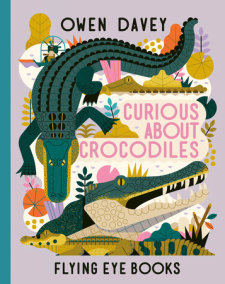
We keep our daily episodes short and sweet, with audiobook clips to give you a sample of our featured listens. I also appreciated the timeline, notes, and resources section at the end of the book. We Are Still Here by Traci Sorell, Read by a Full Cast A Moving and Informative Read-Along for Young Listeners By Behind the Mic OctoEvery Monday through Friday, AudioFile ’s editors recommend the best in audiobook listening.

The illustrations are bright and vibrant, and they are drawn from historical scenes and current events.

We seek opportunities to thrive and work alongside other to protect the land, water and other resources everyone depends on to exist on this planet.” The book is illustrated by Frane Lessac. Twelve Native American kids present historical and contemporary laws, policies, struggles, and victories in Native life, each with a powerful refrain: We are still here Too often, Native American history is treated as a finished chapter instead of relevant and ongoing. Each presentation double-spread page ends with “We are still here!” As Sorell explains, “We are still here because we have survived.

Sorell contrasts these painful policies with the vibrancy of different Native Nations’ cultures, pride, activism, and self-determination. Sorell debunks origin myths and reveals the truths behind the United States that Native Americans were actually here first. The choice of setting has deeper meaning––one of the presentations is about relocation, the federal policy of moving Indigenous Peoples from their tribal lands. In her nonfiction children’s book We Are Still Here: Native American Truths that Everyone Should Know, award-winning Cherokee author Traci Sorell tells history exactly how it happened. This was a wonderful choice because it dispels the notion that Native Americans only live on reservations. The setting is a celebration of Indigenous Peoples’ Day at a Native-operated school in what appears to be an urban environment. Rather than a linear history of Native Nations under the colonization of the United States, the book relates information from the perspective of student presentations. The format and structure of the story are very clever and accessible. This is a great book for learning about Indigenous Peoples Day (formerly Columbus Day), the Native American history, social justice, and Native American Heritage Month.There’s a lot to say about We Are Still Here! and it’s hard to know where to begin. A guided reading or interactive read aloud lesson plan for the narrative nonfiction biography mentor text book We Are Still Here Native American Truths Everyone Should Know by Traci Sorell and Frane Lessac.


 0 kommentar(er)
0 kommentar(er)
